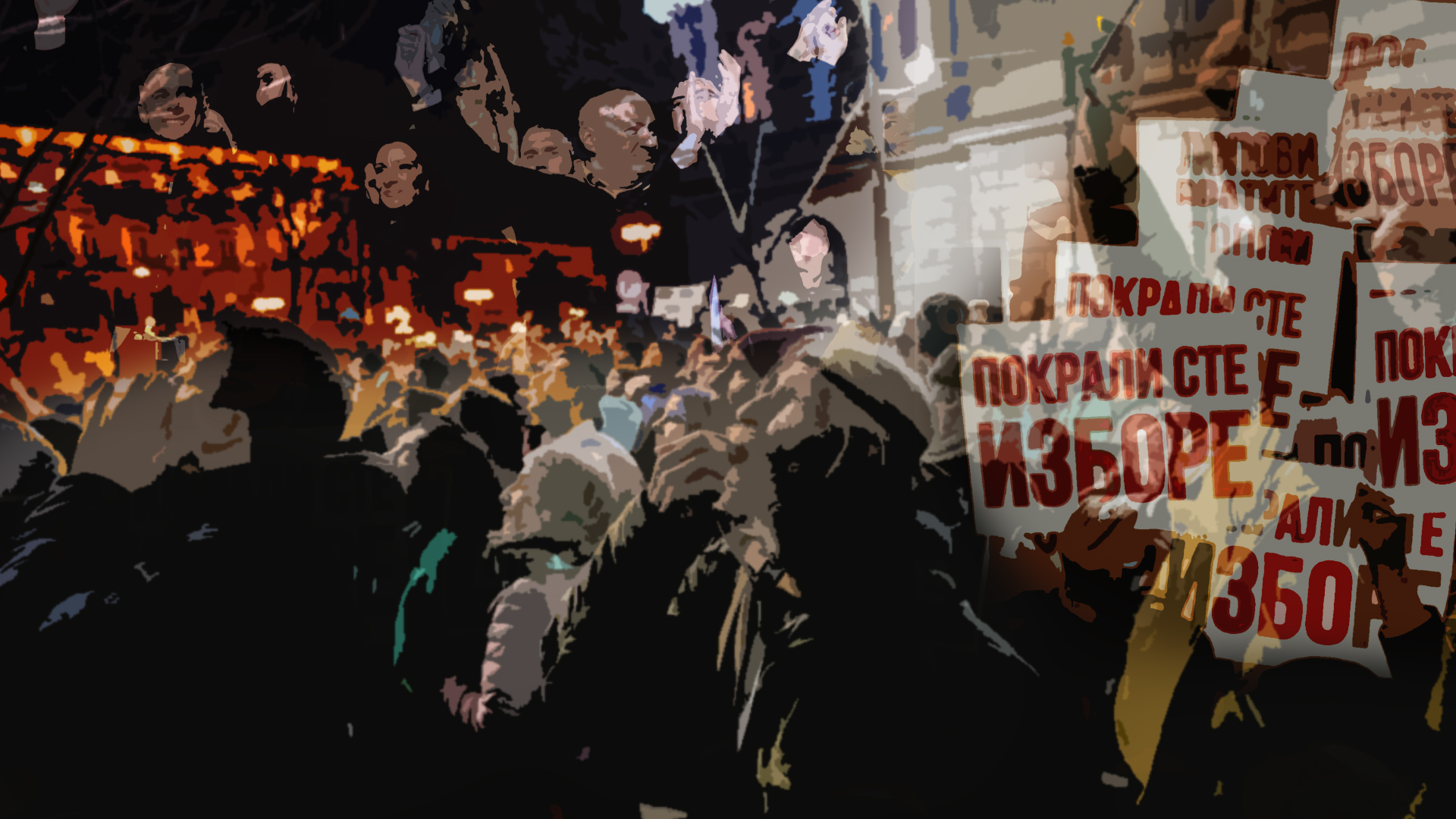
The opposition to Vučić missed its chance
Opposition politicians failed to capitalize on the unrest caused by the May 2023 shootings.
With the abolition of the National Assembly’s Inquiry Committee, the topics of public security policy and institutional violence were removed from active discussion in Serbia’s highest legislative chamber.
This failure to consult the wider public limited the protests’ electoral potency.
However, the election took place with numerous irregularities.
As soon as the call for elections was presented as an opposition plan, the protestors’ other demands were ignored.

Ljupko Mišeljić
Ljupko Mišeljić was born in 1996 in Trebinje, Bosnia and Herzegovina. He has been a journalist since 2012, reporting mostly about culture, politics, transitional justice and human rights.
DISCLAIMERThe views of the writer do not necessarily reflect the views of Kosovo 2.0.
This story was originally written in English.